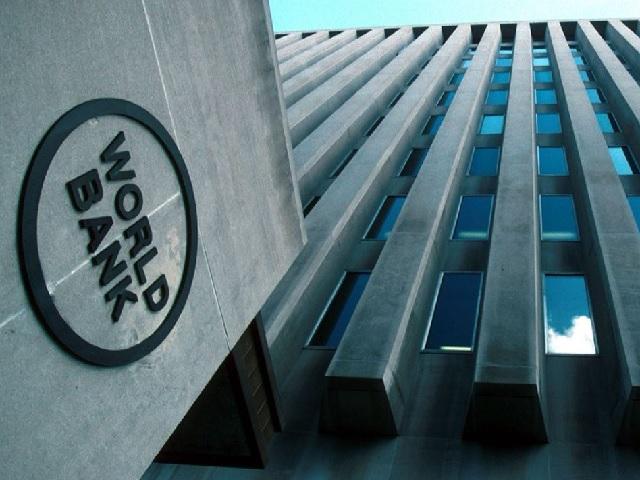
Beirut, Lebanon (Enmaeya News) — Lebanon’s economy is projected to grow by 4.7% in 2025, backed by expected reforms, a rebound in tourism and consumer spending, and limited capital inflows, according to the World Bank’s latest Lebanon Economic Monitor (LEM).
Despite the positive growth outlook, the World Bank warned that Lebanon’s financial crisis remains unresolved and continues to block major investments and capital inflows. The report also said that political and security stability remains fragile, shaping the country’s overall economic future.
The Spring 2025 edition of the LEM, titled “Turning the Tide?”, revised Lebanon’s real GDP contraction for 2024 to 7.1%, higher than the earlier estimate of 5.7% made last fall. Since the beginning of the country’s crisis in 2019, the cumulative GDP loss has reached nearly 40%.
Inflation is expected to ease to 15.2% in 2025, assuming the exchange rate stays stable and global inflation remains low. Improved tax collection and a balanced 2025 budget may lead to a slight rise in spending on basic services. However, the report warned that strong fiscal pressures remain and said that long-term stability depends on wider structural reforms.
“Recent political developments brought a renewed momentum and offer an opportunity to address the fundamentals of Lebanon’s overlapping financial, economic, and institutional crises,” said Jean-Christophe Carret, World Bank Middle East Division Director. “By prioritizing actionable, high-impact measures, Lebanon can tackle critical issues and move toward sustainable recovery.”
The World Bank also looked at the effect of growing uncertainty in global trade. While Lebanon’s direct exposure is small—exports to major markets make up only about 4% of total goods exports—the indirect impacts are harder to predict and depend on how the global economy shifts.
The report includes detailed analysis of inflation and the real effective exchange rate. It notes that while inflation in Lebanon followed global patterns before the crisis, it has mostly been driven by currency depreciation since 2019. Now, with more dollars use and a stable exchange rate, inflation could go back to earlier levels but will likely remain higher than global averages due to local factors.
The real effective exchange rate dropped sharply during the crisis, but this did not result in stronger exports, as structural problems and widespread dollarization continue to limit trade growth.
A special focus section in the report outlines a one-year reform plan for the Lebanese government. Based on over 20 years of World Bank work in Lebanon, the action plan suggests practical steps that can be taken during the current government’s short term in office. These include policies aimed at restoring financial stability, rebuilding public trust, and setting a new path for economic development.



